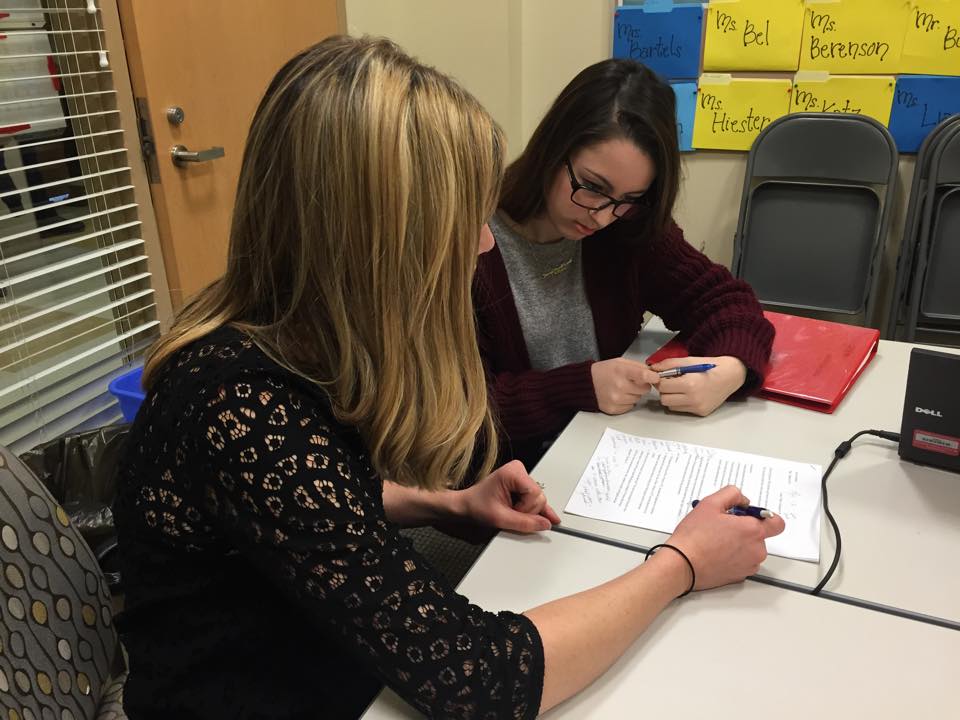As Friday the 13th, the appropriate due date for Junior Thesis, approaches, many students are either making last minute changes to their paper or panicking at the challenge of completing it.
For the Junior Thesis, students independently choose a U.S history topic and complete research to develop an argument. Since students are required to pass junior year of history, Junior Thesis is a project which every student completes.
History teacher Ms. Crystal Bartels’s biggest piece of advice for students is to READ. “Consistently the biggest challenge for students is narrowing down their topic. This usually comes from the fact that not enough background reading has been done to make a strong argument,”said Bartels.
The History department ensures that students stay on top of their work by assigning checkpoints and distributing outlines to every student which break down the process into different steps. The number of checkpoints vary throughout levels with Honors having 9 and ACP 13.
Although Junior Thesis is broken up into a reasonable process, it can be very demanding for students to stay on top of. “In Honors, almost everything is done independently and it can be stressful at times to balance all the work,” said Maddie Petrovich ’16.
History teacher Ms. Alice Liao reminds her students “deep breaths, you’ll be fine.” With one week left until the due date, she advised them to have someone else look over their paper and relax. “The reason why a lot of students feel overwhelmed is because they have invested so much time into working on this paper and want it to be perfect when they turn it in,” said Liao.
An important lesson for students is to not be discouraged by teachers constructive feedback. Instead of being perfectionists, students should take the suggestions, apply them and keep moving forward. As Liao said, “It’s always hard to receive criticism when you have put so much effort into it.”
Both Bartels and Liao agree that there is a lot of value in Junior Thesis. Throughout the process students are able to learn certain skills that are necessary as they progress in their path of education. “The process is an important learning experience because it exposes students to the reading and research that’s required of them at the college level,” said Bartels.
Junior Thesis gives students the opportunity to explore an area of U.S History that’s of particular interest to them. Students enjoy this aspect of the project because they are able to study topics that they are passionate about and actually like.
Liao loves this project because it requires a lot of her students to grow and develop new skills. “I see a lot of students mature and they understand that its not about the grade and more about the learning,” said Liao.
Although the reputation of Junior Thesis has been made into a “monster” as Bartels puts it, she agrees with Liao that “Most of my Juniors reflect at the end that it wasn’t that bad. It’s manageable if you can stay focused on the next process point.”
(Louise Lynn ’17, Staff Writer)

